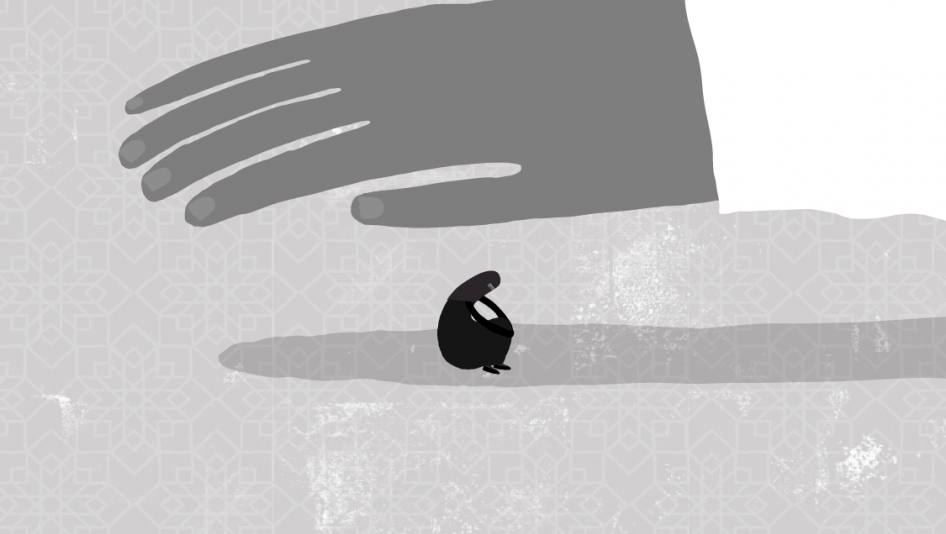On 2 August 2019, the Saudi government announced a decree that will lift a restriction requiring women to receive the approval of a male guardian before traveling internationally, among other reforms.
The Saudi Arabian government issued a series of decrees which also allow women to apply for passports, register a marriage, divorce, or child’s birth, and be issued official family documents. It further stipulates that a father or mother can be legal guardians of children; this is significant because being able to obtain family documents could ease hurdles women faced in obtaining a national identity card and enrolling their children in school.
However, restrictions remain in place that require women to receive permission from a male guardian to leave prison, marry, or exit a domestic abuse shelter. Unlike men, Saudi women are also unable to pass their citizenship along to their children or consent for them to marry.
The kingdom has received strong international criticism for its male guardianship system, which has been condemned by human rights organisations as relegating women to the role of second-class citizens. These reforms come at a time of increased international scrutiny of women’s status in Saudi Arabia, as there have been several high-profile cases of women fleeing the country and seeking asylum abroad.
In 2018, Saudi Arabia abolished its constrained women’s ability to drive. Before the driving ban was ended, Saudi Arabia was the only country on earth with such restrictions. However, women’s rights activists, including Aziza AlYousef and Loujain AlHathloul who were detained before the ban was lifted remain in prison; earlier this year, it was announced that these activists would be put on trial. Many of these women have faced sexual harassment and torture.
The European Centre for Democracy and Human Rights (ECDHR) welcomes these reforms. However, the Saudi government still has much to do to ensure that women are treated equally under the law. While we are pleased to see progress on these issues, it is important to remember that Saudi Arabia has not yet reached even minimal standards of gender equity or human rights. For this reason, ECDHR calls on the kingdom to fully abolish the male guardianship system, to release the imprisoned women’s rights activists, and to compensate them for abuses of their human rights.

